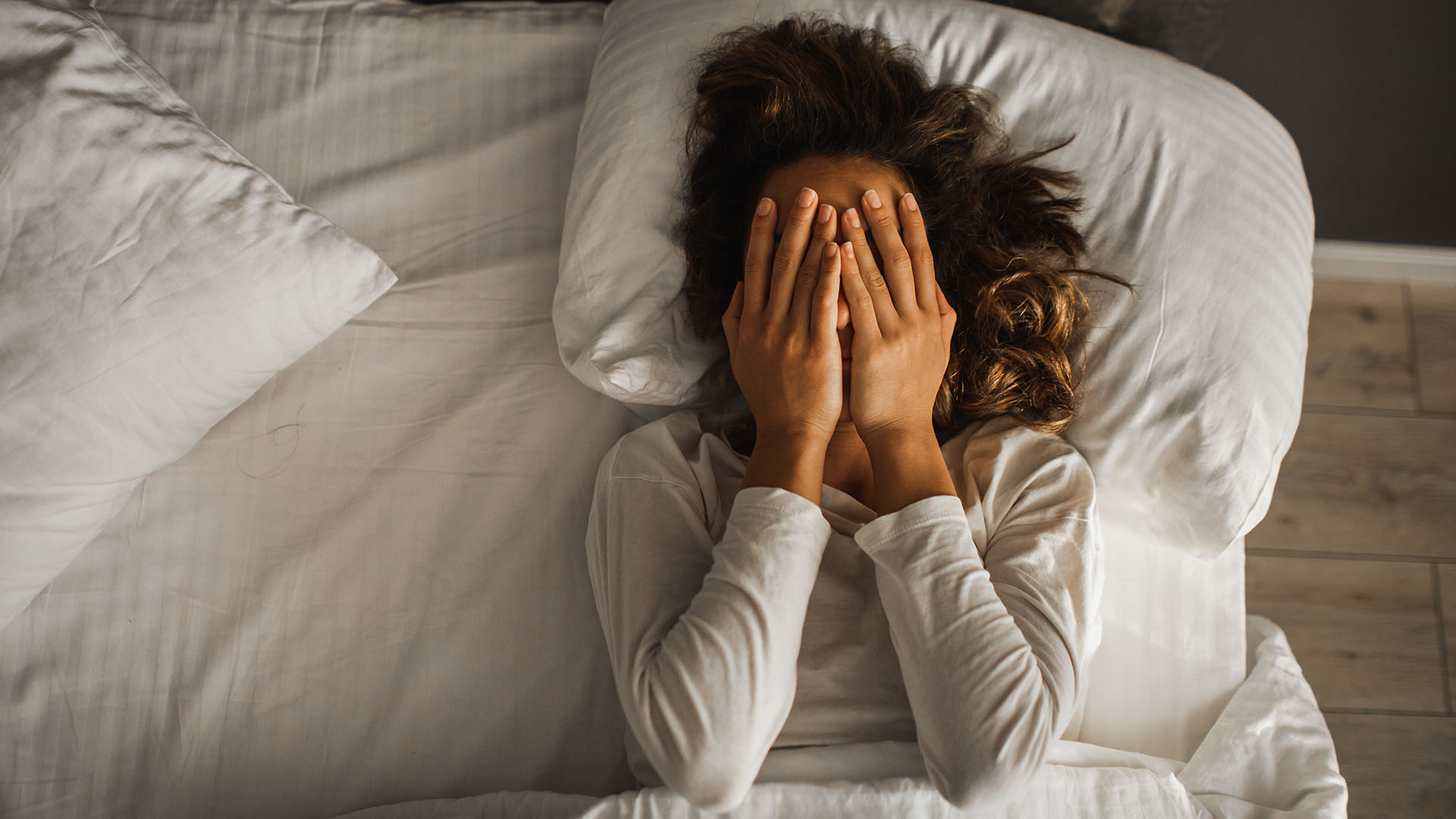
Your bed should be the comfortable setting for a good night's rest, but if you find yourself tossing and turning, your mattress might be the cause of your sleep problems.
To learn more about why your mattress might be responsible for your bad sleep, I reached out to an expert. Claire Davies, Certified Sleep Science Coach, has tested scores of mattresses in her role as Senior Sleep Editor at Tom's Guide, so she knows better than most how a bed can influence your rest.
"The better you sleep, the better your mental, physical and emotional health, so investing in the best mattress for your body type and sleep needs is well worth it in the long run,” explains Claire. In this guide, we explore why your mattress might be making your sleep worse, plus some expert tips for picking a bed that works for your sleep style.
5 reasons why your mattress is making your sleep worse
Your nighttime routine is perfect, you're calm and ready to drift off. But for some reason, your sleep is still suffering. Here are some signs to look for that indicate your mattress might be the source of your sleep problems:
1. It doesn't suit your sleep position
Whether you lie on your front, back, or stomach, your bed should provide both support and comfort. But as Davies points out, “not all mattresses are suitable for every sleeping position."
"If you’re a back sleeper lying on a soft mattress, you’ll experience dipping in your lower back which will cause pain over time," explains Davies. "If you’re a side sleeper on a firm hybrid or innerspring mattress, you won’t get the pressure relief you need to avoid shoulder, hip and knee pain."
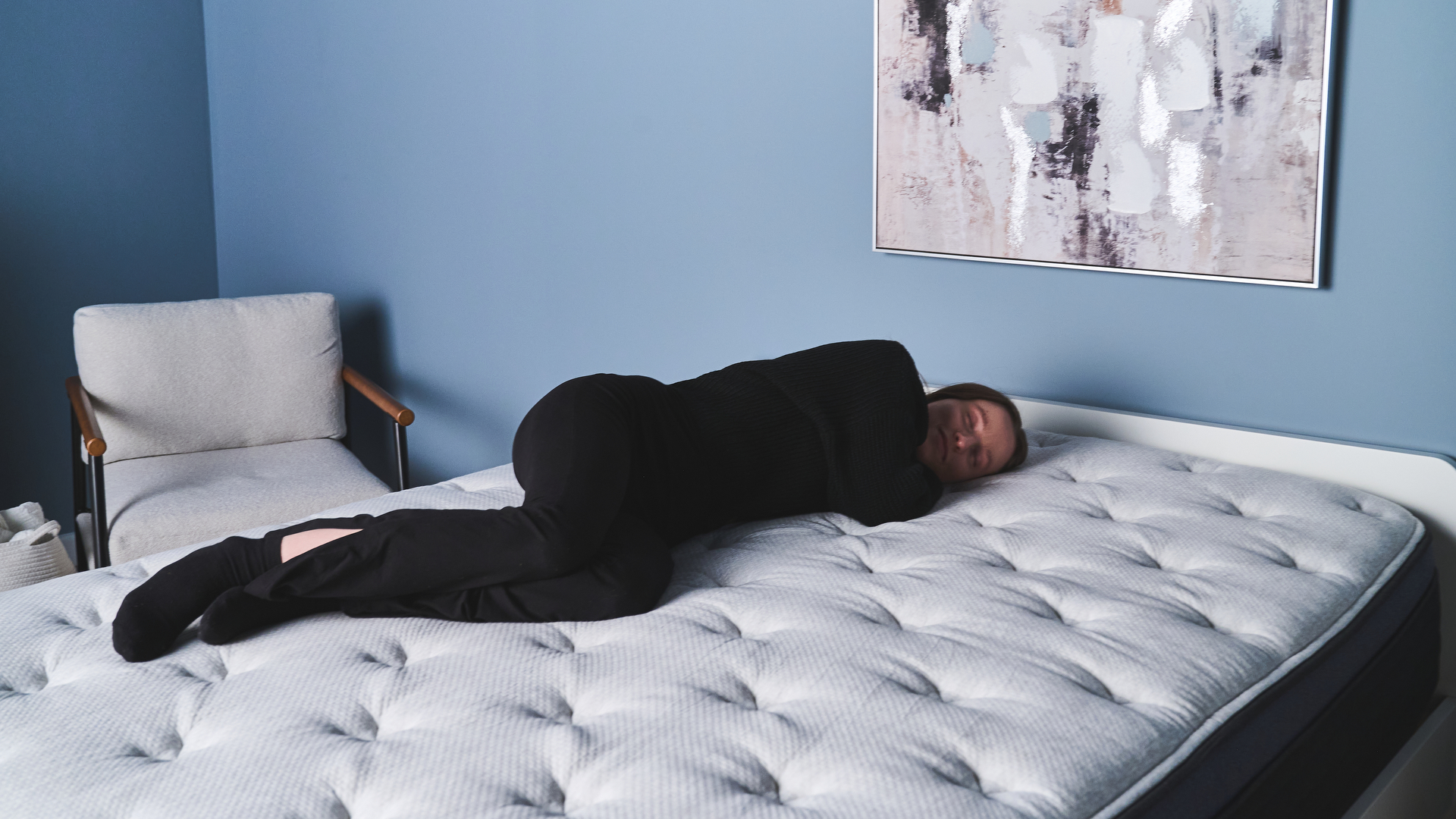
The right mattress for you has been designed to accommodate your preferred sleep position, and it's not a one-size-fits-all solution. That's why our best mattress for side sleeper guide and best mattress for stomach sleepers guides feature some pretty different beds.
2. It's causing you to overheat
“Overheating is a genuine sleep killer," explains Davies. But if you're used to waking up warm, it can seem like the only step to cooler nights is a bed in the Arctic Circle. However, your mattress and sleep setup can play a surprising role in your overnight temperature.
"If you are prone to sleeping hot or you’re taking a medication that causes you to overheat, there’s a lot you can control with your mattress and bedding to help you sleep cooler," says Davies. "A hybrid is a good choice for hot sleepers because these mattresses are made from foam and springs/coils, and air flows better around coils rather than getting stuck between layers of foam.”
Anything hot sleepers should avoid? "I’d stay clear of memory foam mattresses," advises Davies, "unless they use Phase Change Material covers to dissipate heat, coupled with breathable gel foams inside the mattress to stop heat from building up." For some of our favorite options, check out our best cooling mattress guide.
3. You can feel your partner tossing and turning
Sharing a mattress with a wriggler? Their disrupted rest might be the reason you're losing out on sleep. “Motion isolation is a must when choosing a mattress for couples," Davies explains. "It reduces motion from transferring from one side of the mattress to the other, so you will feel your partner’s movements less. That means more peaceful, undisturbed sleep for you."
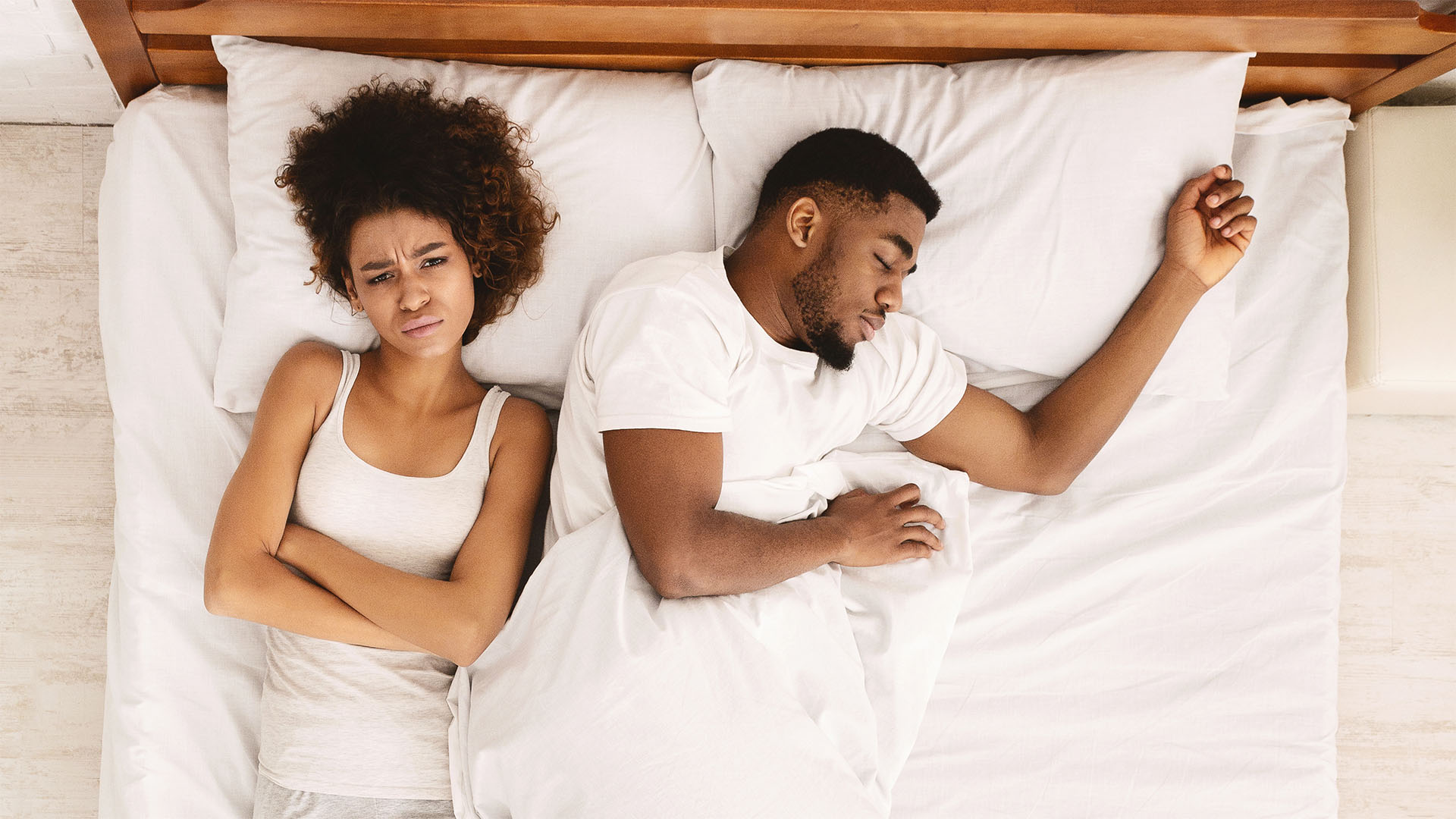
"Memory foam is typically the best material for isolating motion because it’s so dense," says Davies. "However some of our top recommendations for this year’s best hybrid mattress offer excellent motion isolation.
So, always go for a high level of motion isolation, right? Not quite, as mattresses that absorb all movement can have their own issues. "They’re less bouncy," Davies says, "so avoid them if you want a good mattress for sex or you want a mattress that’s more responsive and easier to get in and out of.”
4. It's making your back pain worse
Waking up with aches and pains doesn't have to be part of your morning routine — did you know your mattress can cause back ache? If a mattress lacks sufficient lumbar support for your sleep needs, it can exacerbate a reoccurring back problem or potentially cause issues to develop.
“A good mattress helps you sleep better by keeping the spine in healthy alignment and by relieving pressure points across your body, so you are more physically comfortable and relaxed for sleep," explains Davies.
“Generally, people who weigh under 150lbs tend to sleep better on soft to medium mattresses, with contouring memory foam or Tempur foam being good choices if they’re also a side sleeper with hip or back pain," add the sleep coach. Bigger sleepers, however, should look for a different kind of support...
5. It lacks the support that you need
We've touched on this earlier, but there are some sleepers who should prioritize support in a mattress — those with a bigger build. "Heavier bodies need a mattress that distributes weight evenly across the bed," explains Davies, "with robust support layers to keep that weight on top of the mattress instead of allowing it to sink in.”
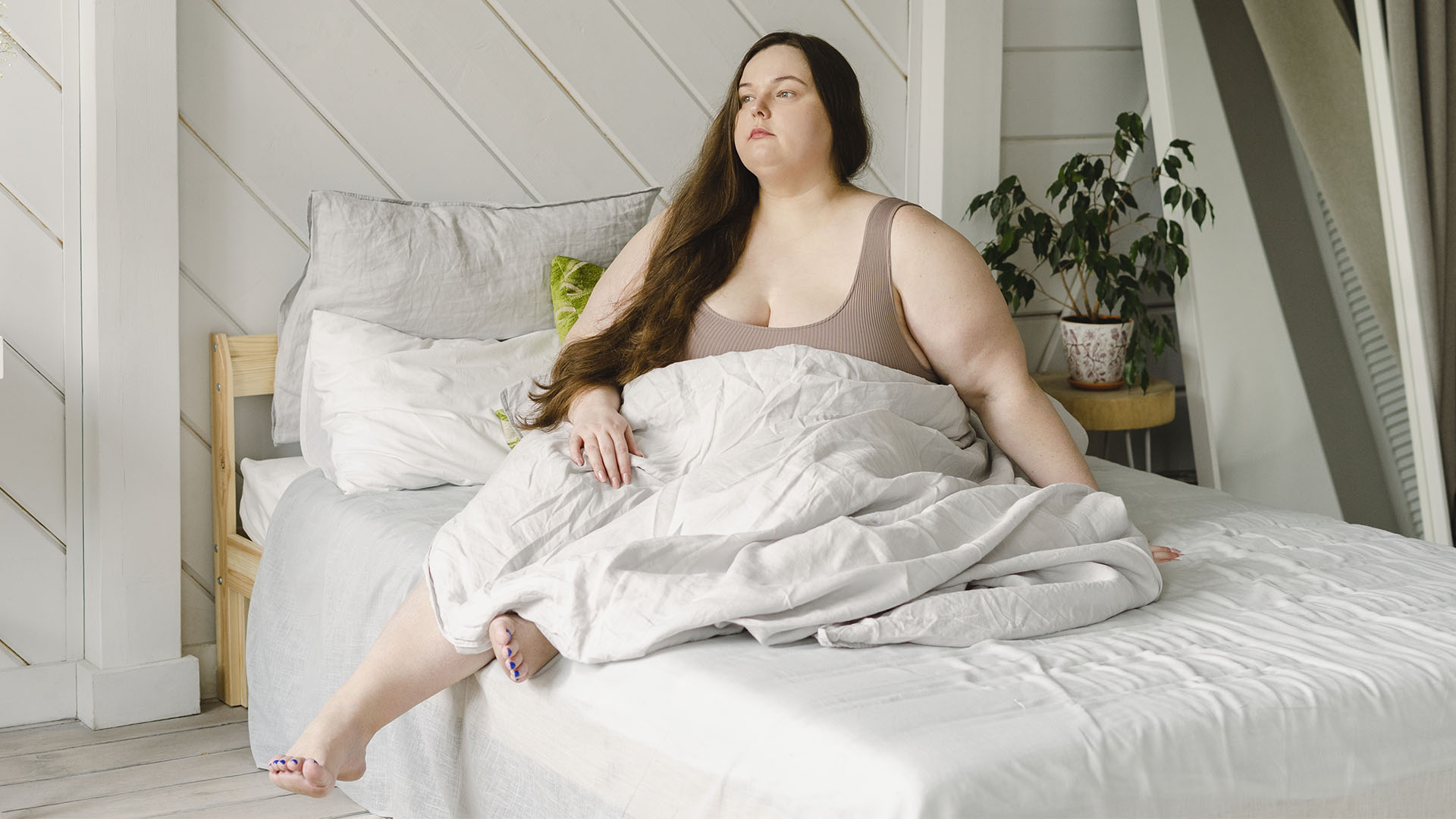
“Soft mattresses cause heavier bodies to sink too deeply into the bed, which causes curvature of the spine," Davies says. "Over time that will lead to bad posture and back ache."
For those who weigh over 250lbs, the best mattresses for heavy people typically have a firmer feel with enhanced lumbar support. If that doesn't sound like your bed, it could be the reason you can't sleep.
How to choose a mattress that's right for your sleep style
There are many potential causes of sleep deprivation, but your bed shouldn't be one of them. Above, we've covered the reasons why your mattress might be behind your bad sleep, so let's explore how you can find a bed that helps your slumber.
"My go-to recommendation for most healthy adults is a medium-firm hybrid mattress as these are comfy and supportive for every sleeping position,” says Claire. But to ensure your bed is just right for you, here are some key points to consider.
Before anything else, think about your budget. A mattress costs between several hundred dollars and several thousand dollars, although frequent mattress sales can help you save on a high quality bed.
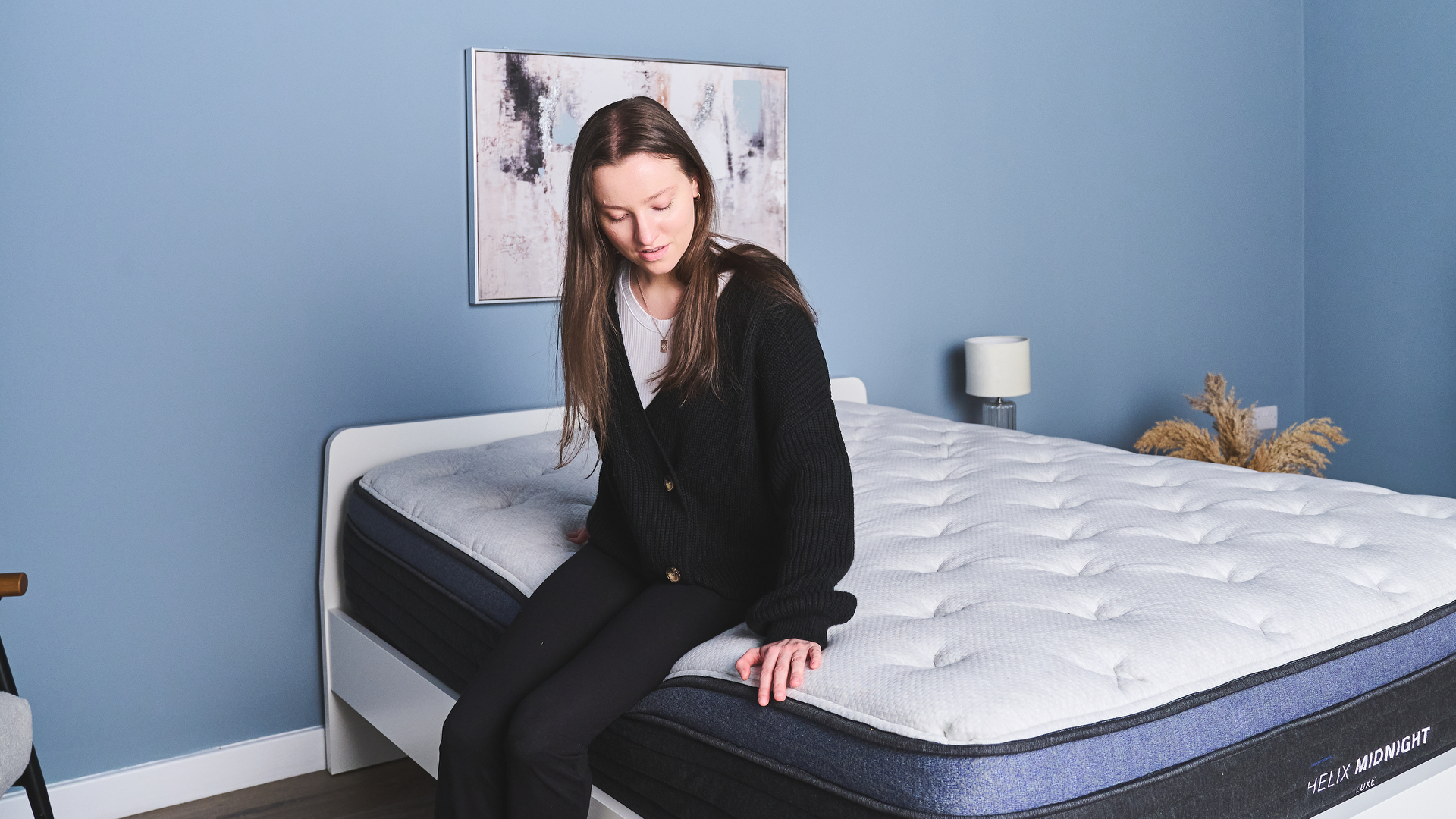
Next, consider your sleep style. Side sleepers need more cushioning at the touch points (that's the shoulders, hips, and knees), while front sleepers need a firmer support at the stomach. Back sleepers tend to fit somewhere in the middle.
Ask yourself what type of mattress do you want? Do you prefer the sink-in pressure relief of the best memory foam mattress? The breathable bounce of the best hybrid mattresses? Or do you want the eco-friendly support of the the best organic mattresses?
Finally, prioritize your own unique sleep needs. That might be sharing a bed with a restless partner, frequently waking up warm, or struggling with some aches and pains.







